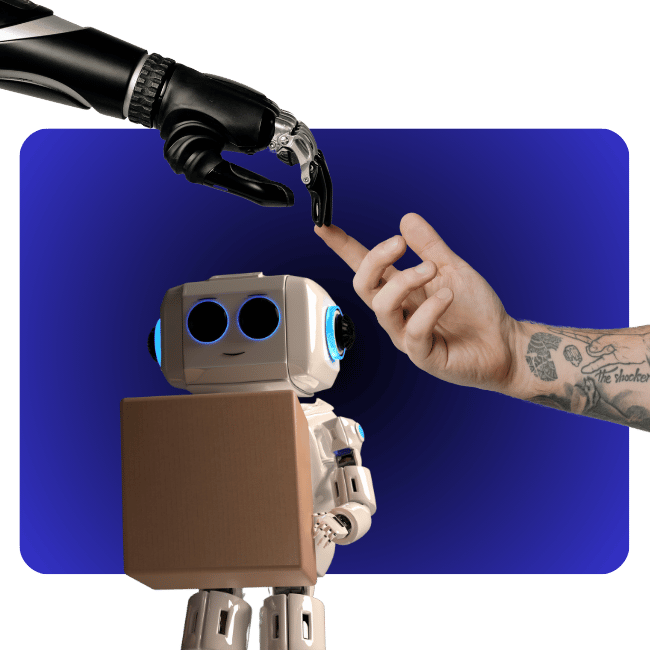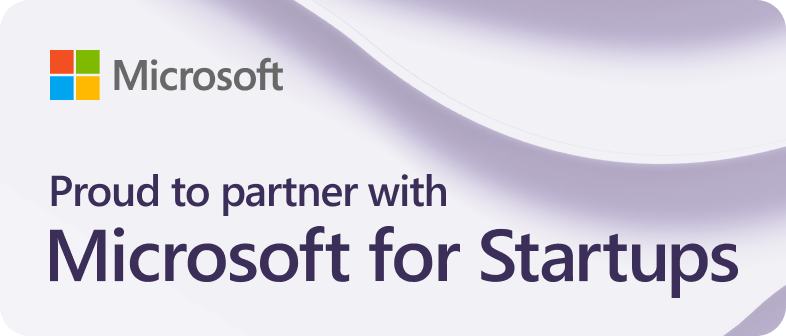AI and the Jobs It Will Replace: Current and Future Impacts
Artificial Intelligence (AI) is revolutionizing the way we work, live, and interact with the world. Its ability to analyze vast amounts of data, learn from patterns, and perform complex tasks has made it a game-changer across industries. But with these advancements comes a pressing question: what jobs are at risk of being replaced by AI, and how will AI job replacement shape our future workforce?
Jobs Already Impacted by AI
1. Automation in Manufacturing
Robots and automated systems have already taken over repetitive tasks in manufacturing, such as assembling vehicles or sorting products. This shift has increased efficiency while reducing human error. Companies like Tesla and Toyota are leading this transformation, using AI to streamline production lines and lower costs.
2. Customer Service
Ever chatted with a company’s online support system? Chances are, you were speaking to an AI-powered chatbot. Tools like ChatGPT and Zendesk are transforming customer service by handling inquiries, complaints, and even complex troubleshooting. These systems are fast, cost-effective, and available 24/7.
3. Data Entry and Analysis
Repetitive data entry tasks are now automated using AI algorithms. This not only speeds up the process but also minimizes errors, making it a go-to solution for businesses looking to optimize operations.
4. Content Creation
AI tools such as Jasper AI and DALL·E are reshaping content creation by generating blogs, marketing materials, and even visual designs. While humans still oversee creative strategy, these tools save time and resources.
Jobs AI Will Likely Replace in the Future
1. Transportation and Delivery
The rise of self-driving cars, trucks, and drones suggests a future where drivers may no longer be needed. Companies like Waymo and Amazon are pioneering these technologies, which promise safer roads and faster deliveries.
2. Healthcare Diagnostics
AI is making waves in healthcare by analyzing medical images to detect conditions like cancer or heart disease. Systems such as IBM’s Watson Health are already assisting doctors, though human oversight remains crucial.
3. Legal Industry
AI tools are streamlining document review, legal research, and contract analysis. This could reduce the demand for entry-level legal professionals while enabling faster case resolutions.
4. Retail and Sales
Automated checkout systems, like Amazon Go stores, eliminate the need for cashiers. AI also powers personalized marketing, suggesting products based on consumer behavior.
5. Education
AI-driven tutoring platforms like Khan Academy and administrative tools are transforming education by automating grading and offering personalized learning experiences.
Why AI Cannot Fully Replace Certain Jobs
1. Creative Roles
While AI can assist in generating ideas or content, it lacks the emotional depth and originality that humans bring to creative endeavors like writing, painting, or filmmaking.
2. High-Complexity Decision Making
Strategic decisions often require understanding nuances, moral considerations, and unpredictable variables, areas where AI falls short.
3. Roles Requiring Emotional Intelligence
Jobs that rely on empathy, such as counseling, therapy, and caregiving, are unlikely to be fully replaced by AI due to the need for genuine human connection.

Summary: AI job replacement
AI is undeniably changing the job landscape, automating repetitive tasks while creating opportunities in tech-driven fields. Adapting to this transformation is crucial, whether it’s through reskilling or exploring new industries. While AI will continue to reshape our world, it’s clear that some roles will always require the human touch.
Show your products with 3D Hosting
Try Clooned today and take your products to the next level!
Contact us for more information.
FAQ about AI job replacement ?

Jobs involving repetitive tasks, such as data entry, manufacturing, and customer service, are highly susceptible to automation.
No, AI lacks the emotional depth and originality necessary for true creativity, making it more of a tool than a replacement.
AI is enhancing diagnostics and streamlining administrative tasks, but doctors and healthcare professionals remain indispensable.
AI boosts efficiency, reduces errors, and allows employees to focus on more strategic and creative tasks.
Learning new skills, staying updated on tech trends, and embracing lifelong learning are key strategies to stay relevant in an AI-driven world.
©2025. All Rights Reserved.


